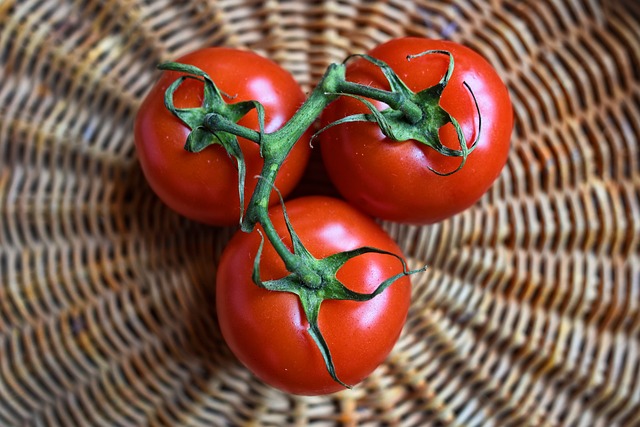Probiotics have gained significant popularity in recent years for their health benefits. These live bacteria and yeasts are known for promoting a healthy gut and improving digestion. While yogurt has been the go-to source for probiotics, there are many other unique sources worth exploring. In this article, we will take a closer look at some lesser-known sources of probiotics beyond yogurt.
Kefir
Kefir is a fermented milk drink that originated in the Caucasus Mountains. It is made by adding kefir grains to cow’s or goat’s milk. These grains are a combination of bacteria and yeast, which ferment the milk over a period of 24 to 48 hours. The fermentation process creates a tart and tangy drink with a texture similar to thin yogurt.
Kefir is rich in several strains of beneficial bacteria, including Lactobacillus kefiri, Lactobacillus acidophilus, and Bifidobacterium bifidum. These bacteria have been shown to support a healthy immune system, improve digestion, and even provide antimicrobial properties.
Sauerkraut
Sauerkraut is finely shredded cabbage that has been fermented by various lactic acid bacteria, such as Leuconostoc, Lactobacillus, and Pediococcus. Traditionally, sauerkraut is made by packing cabbage and salt in a container and allowing it to ferment for several weeks.
During the fermentation process, these lactic acid bacteria convert sugars in the cabbage into lactic acid. The lactic acid not only gives sauerkraut its tangy flavor but also creates an environment that inhibits the growth of harmful bacteria.
Sauerkraut is a unique source of probiotics, as it contains different strains of Lactobacillus bacteria not commonly found in other fermented foods. These bacteria can promote a healthy gut and enhance digestion. Additionally, sauerkraut is also a good source of vitamins C and K, as well as fiber.
Miso
Miso is a traditional Japanese ingredient made by fermenting soybeans with salt and a specific fungus called Aspergillus oryzae. This fermentation process can take anywhere from a few days to several years, depending on the desired flavor and color of the miso.
Miso is a versatile ingredient used in a variety of soups, marinades, and dressings. It is rich in probiotic bacteria, particularly the strain known as Bacillus subtilis. This strain has been shown to support a healthy immune system and promote a balanced gut microbiota.
Kimchi
Kimchi is a traditional Korean side dish made from fermented cabbage, radishes, and various spices. It is known for its spicy and tangy flavor profile. The fermentation process involves lactic acid bacteria, such as Leuconostoc, Lactobacillus, and Pediococcus, which give kimchi its distinct probiotic properties.
Kimchi is packed with essential vitamins, minerals, and antioxidants. It is also a good source of fiber and can help support a healthy digestion. The combination of probiotics and other beneficial compounds makes kimchi a great addition to a balanced diet.
Tempeh
Tempeh is a traditional Indonesian food made from fermented soybeans. The fermentation process involves adding a tempeh starter, which contains the fungus Rhizopus oligosporus or Rhizopus oryzae, to cooked soybeans. The starter helps bind the soybeans into a firm cake-like texture.
Tempeh is a great source of protein, vitamins, and minerals. It also contains beneficial bacteria, such as Bacillus subtilis, which can support digestive health and improve nutrient absorption. Additionally, tempeh is rich in prebiotics, which act as food for probiotics and help them thrive in the gut.
Conclusion
While yogurt remains a popular choice for probiotics, there are numerous unique sources worth exploring. Kefir, sauerkraut, miso, kimchi, and tempeh all offer different strains of beneficial bacteria and their own set of health benefits. Adding these probiotic-rich foods to your diet can help support a healthy gut and improve overall well-being.







